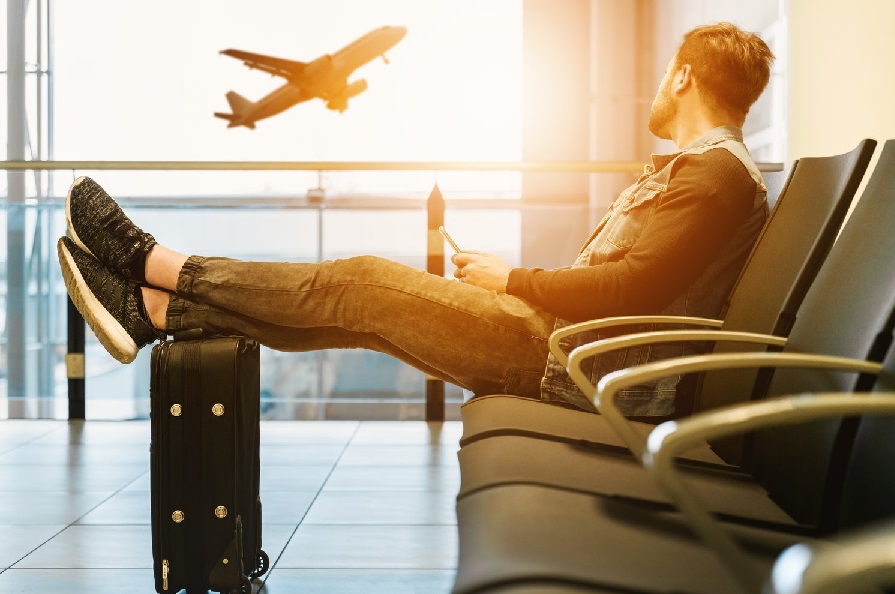
Here are some practical tips to maintain personal hygiene during flights:
Practicing good hygiene habits while traveling is essential. Not only does it help prevent illness, but it also minimizes the spread of germs.
Hand Hygiene
Airplanes are shared spaces with numerous high-touch surfaces, making them potential hotspots for germs. To reduce your risk of infection, wash your hands frequently with soap and water. If soap isn’t available, use an alcohol-based hand sanitizer containing at least 60% alcohol. Avoid touching your face, especially around your mouth, nose, and eyes.
Hydration is Key
The air inside an airplane cabin is typically dry, with humidity levels often below 20%, which can lead to dehydration. Drink water regularly throughout the flight, and avoid excessive alcohol and caffeine consumption, as these can further dehydrate you.
Oral Hygiene
A dry mouth can encourage bacterial growth, leading to bad breath and an increased risk of oral infections. To maintain oral hygiene, rinse your mouth with water after meals, and consider chewing sugar-free gum to stimulate saliva production and keep your mouth moist.
Skin Care
Dry cabin air can dehydrate your skin, cause irritation, and exacerbate conditions like eczema. Apply a fragrance-free, hypoallergenic moisturizer before and during the flight. Don’t forget to use lip balm to prevent chapped lips.
Respiratory Hygiene
Close quarters on an airplane can make it easy for respiratory infections, including colds and flu, to spread. Wearing a mask is advisable, especially if you or others around you show symptoms of illness. When coughing or sneezing, cover your mouth with your elbow rather than your hands to prevent the spread of germs.
Infection Control
Germs can easily spread in the confined environment of an airplane, leading to various infections. Disinfect high-touch surfaces like tray tables, armrests, and seatbelts with disinfectant wipes. Bringing your own blanket and pillow can also help reduce exposure to germs.
Sleep Hygiene
Poor sleep quality during long flights can weaken your immune system, making you more susceptible to infections. To create a restful environment, bring a sleep mask and earplugs, and try to maintain a consistent sleep routine if you’re on a long flight.
Gastrointestinal Comfort
To avoid discomfort, eat light meals and steer clear of gas-producing foods before and during the flight. If you’re prone to indigestion or gas, consider bringing over-the-counter remedies. Moving around periodically during a long flight can also help with circulation and reduce discomfort.
Post-Flight Hygiene
The flight environment can leave you feeling unclean and increase the risk of skin irritation and infections. As soon as possible after your flight, take a shower to cleanse your skin and refresh your body, paying special attention to areas prone to irritation, such as your underarms and feet.












